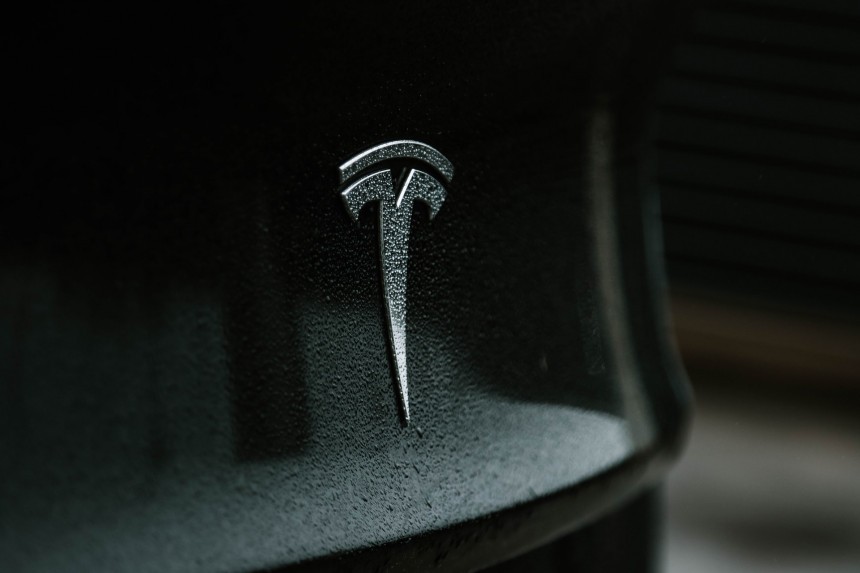It’s tax season! Who doesn’t enjoy a good plug-in hybrid (PHEV) or an electric vehicle (EV), right? Well, some Americans might not, since they must pay annual taxes for switching from internal combustion engines (ICE) to cleaner or no-emissions cars.
On one hand, carmakers are pushing every boundary they can to catch up to Tesla. They want to sell EVs too and they want to shrink Elon Musk’s size of the pie. Everyone is trying to get out there the best all-electric vehicle they have. It has brought automakers into an unforeseen frenzy.
On the other hand, lawmakers are trying to help manufacturers in their endeavor with rebates. Currently, you can get up to $7,500 in federal tax credits that apply also to PHEVs, not only EVs. States have their own local rules that also make buying an EV or a PHEV attractive.
So why, in God’s given name, do some states ask for more money from those who took the courageous step and made the switch to EV or less polluting vehicles? We’re here to answer this question precisely.
While some states use this money to invest in EV charging infrastructure, most of them just use it for road repairs. They have all sorts of reasons for enacting this kind of measures, but the most common one is the state you live in telling you that you don’t pay the gas tax. If you have a PHEV, then that’s on you. You can buy an EV and enjoy the same taxes but without adding fossil fuel into the mix.
This is because states are seeing losses after people stopped fueling so much with gas or diesel. They need the money to make the treasury whole again, so no matter what car you drive you’ll end up paying for the privilege. This, of course, depends on where you’re living. If you’re lucky to find yourself in Texas, Arizona, Alaska, or Nevada then you don’t have to worry.
Moreover, each state has its own definition for EVs and PHEVs. Some just mix them together, even though they aren’t the same and will never be.
Other states like Utah, Indiana or Michigan have stepped up their game and established the taxes will grow yearly because of inflation-related metrics.
But more states are now considering or have already adopted a more fair tax system for drivers. They want to charge you a fee based on how much you drive. Mileage-Based User Fees require road users to pay based on how much they’re using the actual infrastructure. In Oregon, for example, eligible vehicles pay a base registration fee of $43 each year and a tax that’s 1.8 cents per mile.
You get a rebate for your new PHEV or EV, but you end up paying it all back in a couple of years.
Enjoy the adventure! It’s happening at your expense.
On the other hand, lawmakers are trying to help manufacturers in their endeavor with rebates. Currently, you can get up to $7,500 in federal tax credits that apply also to PHEVs, not only EVs. States have their own local rules that also make buying an EV or a PHEV attractive.
So why, in God’s given name, do some states ask for more money from those who took the courageous step and made the switch to EV or less polluting vehicles? We’re here to answer this question precisely.
They have a reason!
As it stands today, 30 out of the 50 states America has, are asking for a special registration fee for PHEVs. Other 14 out of the previous 30 states also want a basic fee for letting PHEVs be sold inside their borders. These fees range from $50 to $225 per year, according to NCSL! If you live in Hawaii, Washington, Idaho, Oregon, California, Utah, Colorado, Wyoming, North Dakota, South Dakota, Nebraska, Kansas, Oklahoma, Mississippi, Arkansas, Missouri, Illinois, Wisconsin, Minnesota, Iowa, Indiana, Michigan, Ohio, West Virginia, Tennessee, Alabama, Georgia, South Carolina, Virginia, and North Carolina, you’ll have to pay.This is because states are seeing losses after people stopped fueling so much with gas or diesel. They need the money to make the treasury whole again, so no matter what car you drive you’ll end up paying for the privilege. This, of course, depends on where you’re living. If you’re lucky to find yourself in Texas, Arizona, Alaska, or Nevada then you don’t have to worry.
Moreover, each state has its own definition for EVs and PHEVs. Some just mix them together, even though they aren’t the same and will never be.
A dire outlook
The special one out of the bunch is Oklahoma, which has tiered EV fees based on vehicle weight. Idaho, also, is planning on raising the annual registration fee from $140 to $300.But more states are now considering or have already adopted a more fair tax system for drivers. They want to charge you a fee based on how much you drive. Mileage-Based User Fees require road users to pay based on how much they’re using the actual infrastructure. In Oregon, for example, eligible vehicles pay a base registration fee of $43 each year and a tax that’s 1.8 cents per mile.
You get a rebate for your new PHEV or EV, but you end up paying it all back in a couple of years.
Enjoy the adventure! It’s happening at your expense.









